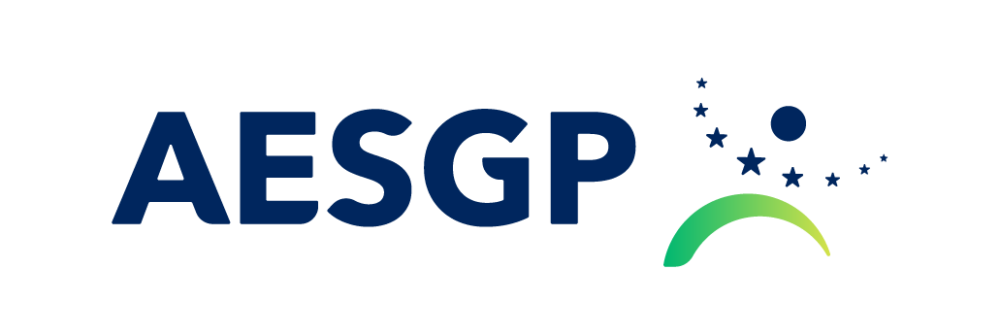Self-Care Embraces the Digital Transition
Launch of the AESGP Digital Strategy
AESGP launched its Digital Strategy following an extensive consultation with industry experts and all AESGP committees. The Strategy provides a vision consisting of key industry proposals to change regulatory frameworks, enable a successful digital transformation and advance responsible self-care.
The Strategy covers the three product categories AESGP represents (medicines, food supplements and medical devices) and is built around five key areas of interest for the industry: Health Data, Real-World Data / Real-World Evidence; Artificial intelligence; Product and disease information; Building digital workforce capacity; and eCommerce.
Based on this strategy document, AESGP engaged with external stakeholders (including the European Commission, DIGITALEUROPE, PGEU) and organised three webinars. AESGP also replied to the European Commission’s regulation proposal on Artificial intelligence and the European Commission’s roadmap on a Health Data Space.
Electronic Product Information (ePI)
In 2021, the Industry’s Inter Association Task Force on Electronic Product Information (IAI ePI TF) – composed of AESGP, EFPIA and Medicines for Europe – provided input to the EMA-led project to set up electronic Product Information (ePI) which puts forward the following deliverables:
- Create a common European standard based on FHIR (Fast Healthcare Interoperability Resources) to support a harmonised approach to ePI.
- Provide a proof of concept prototype using the common standard.
- Provide a realistic medium-term vision and roadmap to achieve benefits for stakeholders, Heads of Medicine Agencies, the European Commission and the EMA Management Board, as set out in the key principles for ePI in the EU.
To further detail its vision and ambition, the IATF published a position paper “AESGP, EFPIA and Medicines for Europe reflections on EMA – HMA – EC Key principles for electronic product information”. This document presents concrete actions to move the ePI project from principles to action. It details what is needed to provide patients and healthcare professionals with up-to-date, easily accessible and timely information on medicines, thus contributing to general health literacy.
Independently of the digital leaflet, AESGP co-chaired the Content Working Group of the Inter Association Task Force on ePI aiming to address the shortcoming of the leaflet, as evidenced by the Nivel report published in 2015. The report’s recommendations were reflected in the European Commission’s Communication and in the European Medicines Agency’s action plan, but were not acted upon due to a lack of resources. Under the leadership of AESGP, the Content WG interacted with patients, healthcare professionals and user-testing companies to get their feedback on the product information leaflet. Their remarks echoed the findings of the Nivel report and underscore the need to address these shortcomings to improve health literacy and ensure the leaflet is fit for its purpose.
Real World Data (RWD) - Real World Evidence (RWE)
In 2021, the AESGP RWD-RWE working group published a pioneering review article that showed how data obtained from real-world use can help decision-making about non-prescription medicines during their life cycle.
Some of the key benefits of RWE for non-prescription medicines include: improved reclassification from “prescription-only” to “non-prescription” status; deeper study of real-world efficacy to complement available clinical evidence and benefit-risk balance; and addressing potential post-market safety issues.
The paper also allowed AESGP to have a voice in the discussion on RWD-RWE, a topic that has traditionally been more often associated with innovative medicines. The interest generated by the document was reflected in the numerous opportunities given to AESGP to present the results in important and relevant fora, including by CIOMS, EMA, IQVIA, etc.
